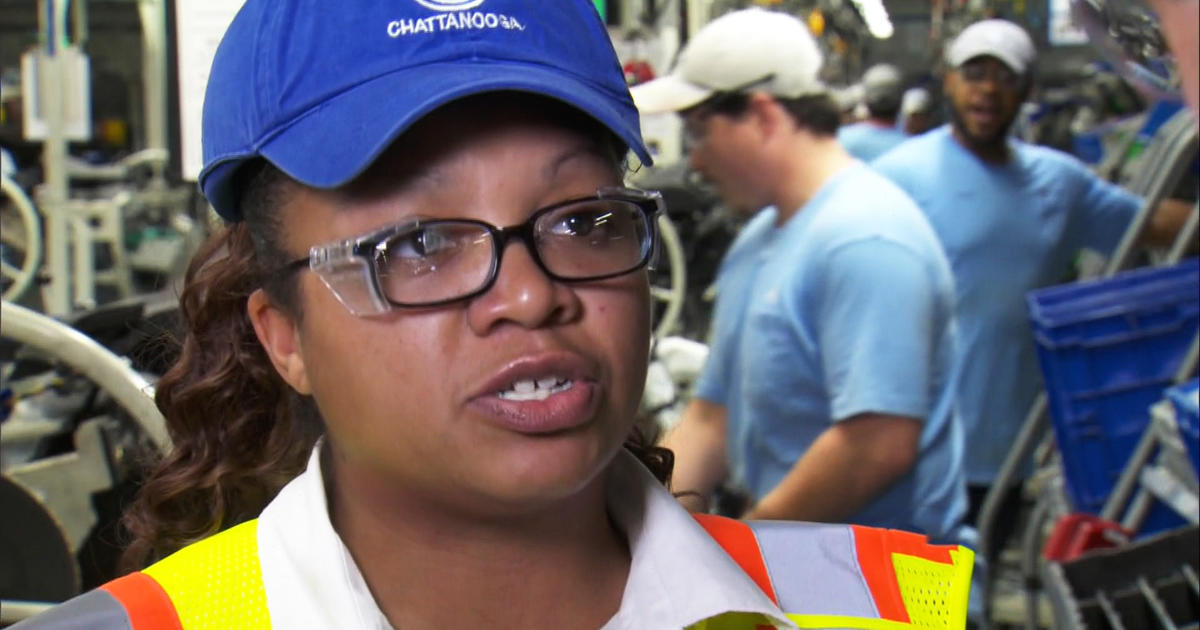Most dangerous time to work in Amazon warehouses? Right about now
Workers at Amazon facilities are twice as likely to be injured on the job as others in the warehousing industry, and those sprains, strains and worse are especially prevalent during the holiday shopping season, according to a report by labor advocates.
For every 100 workers at Amazon facilities, nearly 11 were injured on the job in 2018, making it three times as dangerous as employment across the private sector, and twice as dangerous as warehouse work in general, according to the study from a coalition of more than 40 groups, including the National Employment Law Center and United for Respect.
Based on logs from 28 Amazon facilities in 16 states, the study found workers at Amazon more likely to be injured at work than lumberjacks or coal miners are. And Amazon's injury rates start climbing after Black Friday, spiking at two-and-a-half times the company's annual average in the 50th week of the year, or about two weeks before Dec. 25, it noted.
- Amazon plans to open cashierless supermarkets, report says
- Lawmakers call for investigation into Amazon worker death
- Amazon and Walmart must deliver on one-day delivery promises
The injuries cited in the study don't involve small cuts and bruises — they're serious enough where 88.9% involved having to miss work or be put on restrictive duty. Workers injured at Amazon missed an average of five-and-a-half weeks of work to recover from the job-related injuries, the report's authors found.
Amazon dismissed the report as "developed and promoted by a collection of self-interested critics." The company provided more than 1 million hours of safety training to workers last year and invested more than $55 million on safety-improvement projects, Amazon said in an emailed statement.
Further, an Amazon spokesperson refuted the notion that the holidays hustle spurred a higher rate of injuries, saying while the time brings an increase in workers and hours, it also comes with additional safety staff and support. "As a result, the average rate of injury per person has historically decreased or remained stable," the spokesperson emailed.
The study's authors called on Amazon to take steps to increase safety, including reducing the speed at which work is expected to be performed and increase break times to offset the toll taken by rapidly paced and repetitive work.
Deborah Axt, co-executive director of the immigrant advocacy group Make the Road New York, in a press release called on Amazon to "take meaningful action to eliminate hazards from its warehouses, provide workers with information about the risks they are being exposed to, and engage with worker-led health and safety committees to address health and safety issues."
"It's also time for lawmakers and public officials to look closely at the quality of employment subsidized by our public dollars — especially as the corporation continues to expand," added Axt, whose nonprofit organization was part of an community-opposition effort that led Amazon to back off a plan to set up a second headquarters in Queens, New York, earlier this year.
But Amazon said it's in a sense being penalized for taking safety and reporting related incidents more seriously than competitors.
"There's a dramatic level of under-recording of safety incidents across the industry—we recognized this in 2016 and began to take an aggressive stance on recording injuries no matter how big or small. While many companies under-record safety incidents in order to keep their rates low, Amazon does the opposite -- we take an aggressive stance on recording injuries no matter how big or small," Amazon emailed.
Given its size, Amazon is often targeted for labor-organizing efforts, and in April was called out by the National Council for Occupational Safety and Health, a nonprofit coalition of labor unions and health and technical professionals that detailed the deaths of half a dozen Amazon contract workers on the job during a six-month period.
In staging a Prime Day protest over working conditions in July, some employees at an Amazon fulfillment center in Minnesota called for relaxing Amazon productivity quotas they claimed make their jobs unsafe and needlessly stressful.



